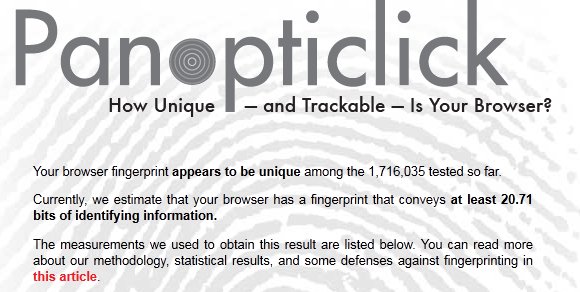An omnibus bill is a collection of several individual bills that may or may not have been able to pass muster individually. It’s (from the government’s point of view) a great way to get a lot of legislative changes through parliament in relatively short order, but it encourages legislators to include their pet projects and special causes because of the decreased opportunity for opposition. The Conservative government’s proposed omnibus crime bill is a good example of this, as it is likely to incorporate warrantless data searches for police:
When Canada’s Conservatives took the most votes in the May 2011 federal election, Prime Minister Stephen Harper said that an “omnibus” security/crime bill would be introduced within 100 days. The bill would wrap up a whole host of ideas that were previously introduced as separate bills — and make individual ideas much more difficult to debate. A key part of the omnibus bill will apparently be “lawful access” rules giving police greater access to ISP and geolocation data — often without a warrant — and privacy advocates and liberals are up in arms.
Writing yesterday in The Globe & Mail, columnist Lawrence Martin said that the bill “will compel Internet service providers to disclose customer information to authorities without a court order. In other words — blunter words — law enforcement agencies will have a freer hand in spying on the private lives of Canadians.”
He quotes former Conservative public safety minister Stockwell Day, now retired, as swearing off warrantless access. “We are not in any way, shape or form wanting extra powers for police to pursue [information online] without warrants,” Day said—but there’s a new Conservative sheriff in town, and he wants his “lawful access.”
How bad were the last set of “lawful access” proposals? This bad:
Even the government’s own Privacy Commissioner is upset about the lawful access idea. On March 9, Privacy Commissioner Jennifer Stoddart sent a letter to Public Safety Canada in which she and other provincial privacy officials said the bill would “give authorities access to a wide scope of personal information without a warrant; for example, unlisted numbers, e-mail account data and IP addresses. The Government itself took the view that this information was sensitive enough to make trafficking in such ‘identity information’ a Criminal Code offence. Many Canadians consider this information sensitive and worthy of protection, which does not fit with the proposed self-authorized access model.”
“In our view, law enforcement and security agency access to information linking subscribers to devices and devices to subscribers should generally be subject to prior judicial scrutiny accompanied by the appropriate checks and balances.”
H/T to Brian Switzer for the link.




